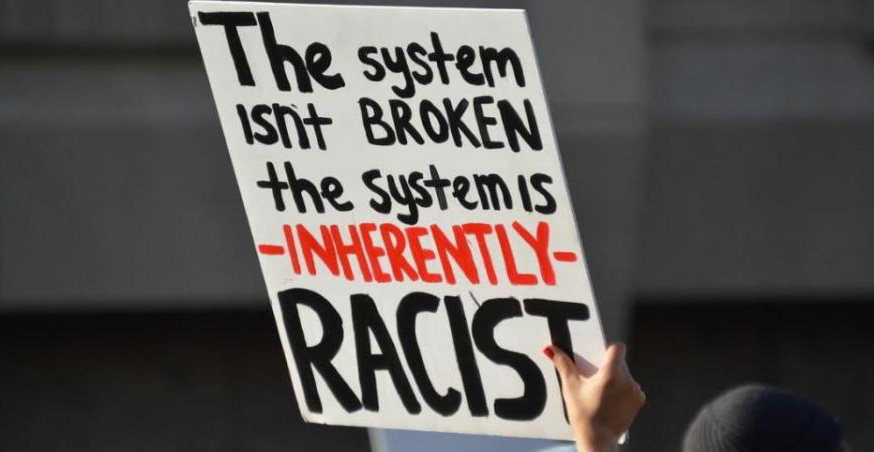Schools across the UK have a less than half representation of Black, Asian & Ethnic Minority teachers. Unfortunately, even where there is diversity in the schools it is at general teaching levels. The majority of senior leaders are white research has found.
The report, by researchers at UCL’s Institute for Education has shown that although there is a small increase in BAME teachers in schools there is still a gap. Often the teachers will have a hidden workload, which leads to effort in tacking racial inequalities in return this leads to quicker burnout.
We spoke to a teacher, Li Min Walters, in a highly dominant white school who is currently in her second placement of PGCE, she prefers to remain anonymous but explained “I myself am mixed race my mother is Chinese but was raised here (as was my mother) and have quite a plummy British accent. I would have said I am white passing but in the past, I have had people ask where I’m “from”.
What is worse is that racism is actually sewn into white children in school but can often go amiss in daily chaos. She remembers how on her third day there a child (white) came to her, bowed and said “ni hao” this left her quite shocked and unsure how to tackle the situation. When she raised it with the school it was brushed aside, with her being told that the child was only making a joke. But such a joke has deeper, darker routes and shows that children are still making these distinctions.
Depending on where you are from, students can be the cruellest in how they behave and sometimes this reflects what is happening or how their own parents are behaving in their homes. It’s not always obvious racism that takes place. Sometimes subtle racism can be a lot worse, where the person does not even realise they are being racist. E.g. where a white girl is wearing a short skirt and so is a black girl, the black girl would be seen as being provocative whilst the white girl is just being silly or attention seeking, so basically sexualising the first and excusing the second student.
Often black teachers might be seen as being more aggressive and accused of such behaviour. This would be seen as a subtle racism; a lot of teachers often claim that they are not racist but they fail to realise that racism is not always overt. A lot of teachers, like most people will have a unconscious bias and engage in micro aggressions. Teachers need to be trained to improve, a lot of white teachers are brought up in a particular way and it’s not always as simple as being racist or not racist, but teachers have to be taught to pick up on their covert racism and to be actively anti-racist and apply rigorous standards and reflections in how they are behaving.
Simple changes in how to pronounce a name and actually making a effort to learn the name rather than constantly getting it wrong can make a huge difference. It shows you are trying. Often, white teachers will repeatedly get the name wrong and not make any effort to improve themselves, saying they are struggling to pronounce the name.
Tes Magazine has also discussed how. BAME teachers are typically described as “oversensitive”, “paranoid” or “aggressive” when challenging unacceptable language or behaviour at work.
However, racism has also been a lot more direct. Red Pepper has Rohan Rice explain how at “At one large academy in Wandsworth, London, where approximately 80 per cent of pupils identify as BAME, a fellow staff member called me a ‘paki’ on multiple occasions, while my mother was once described as a ‘smelly Indian’ (not the first time in my career I’d heard this insult). Another senior colleague threatened to report me to Prevent after I casually discussed Islamic customs with some students. A third staff member suggested my beard made me look ‘a bit like a bomber’.
This sort of direct racism has a long-term effect on teachers, as it is not only directed at by other teachers but also by students. It erodes the confidence of BAME teachers to teach at schools and for them to move onto other sectors, where they may feel more comfortable.
